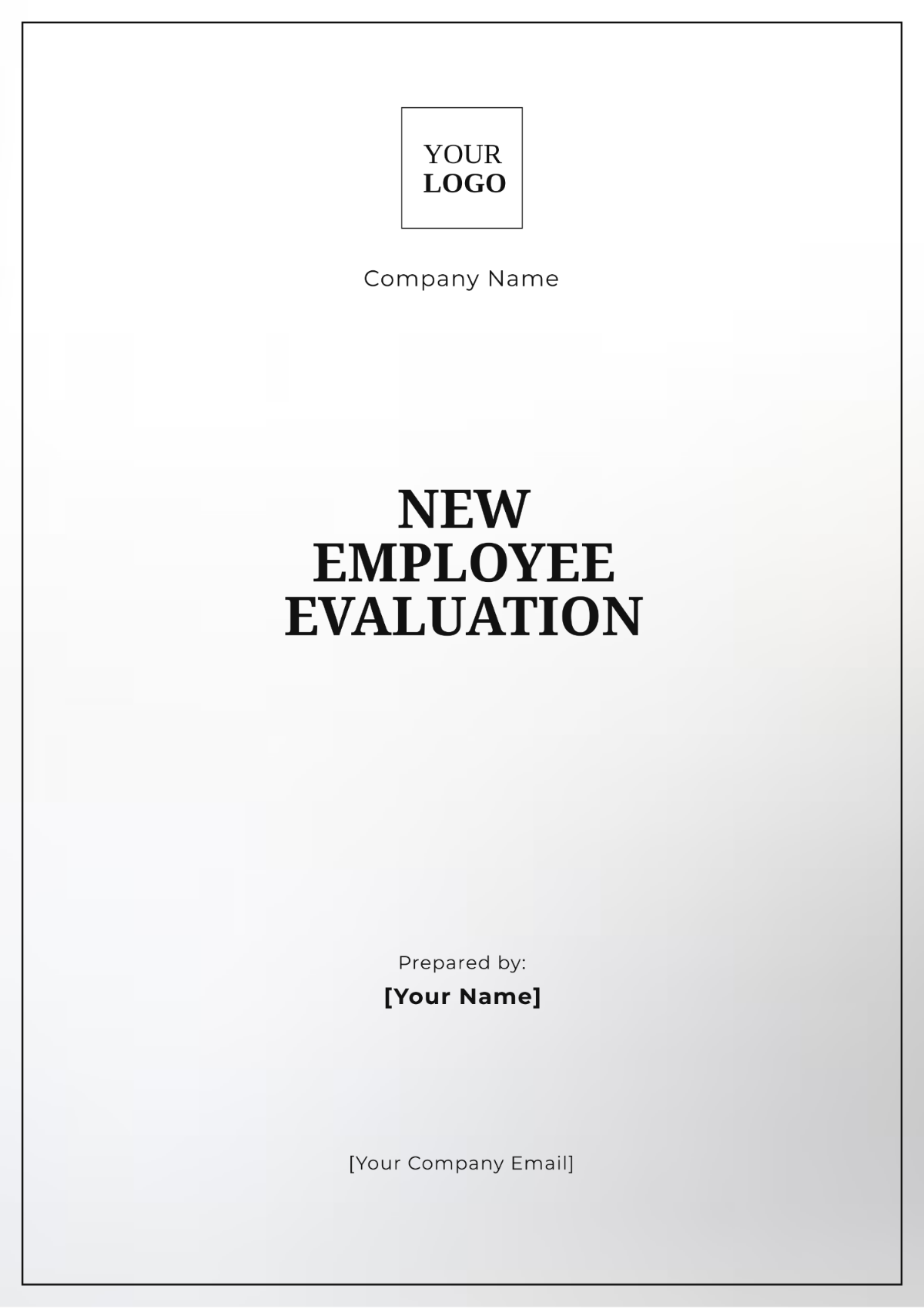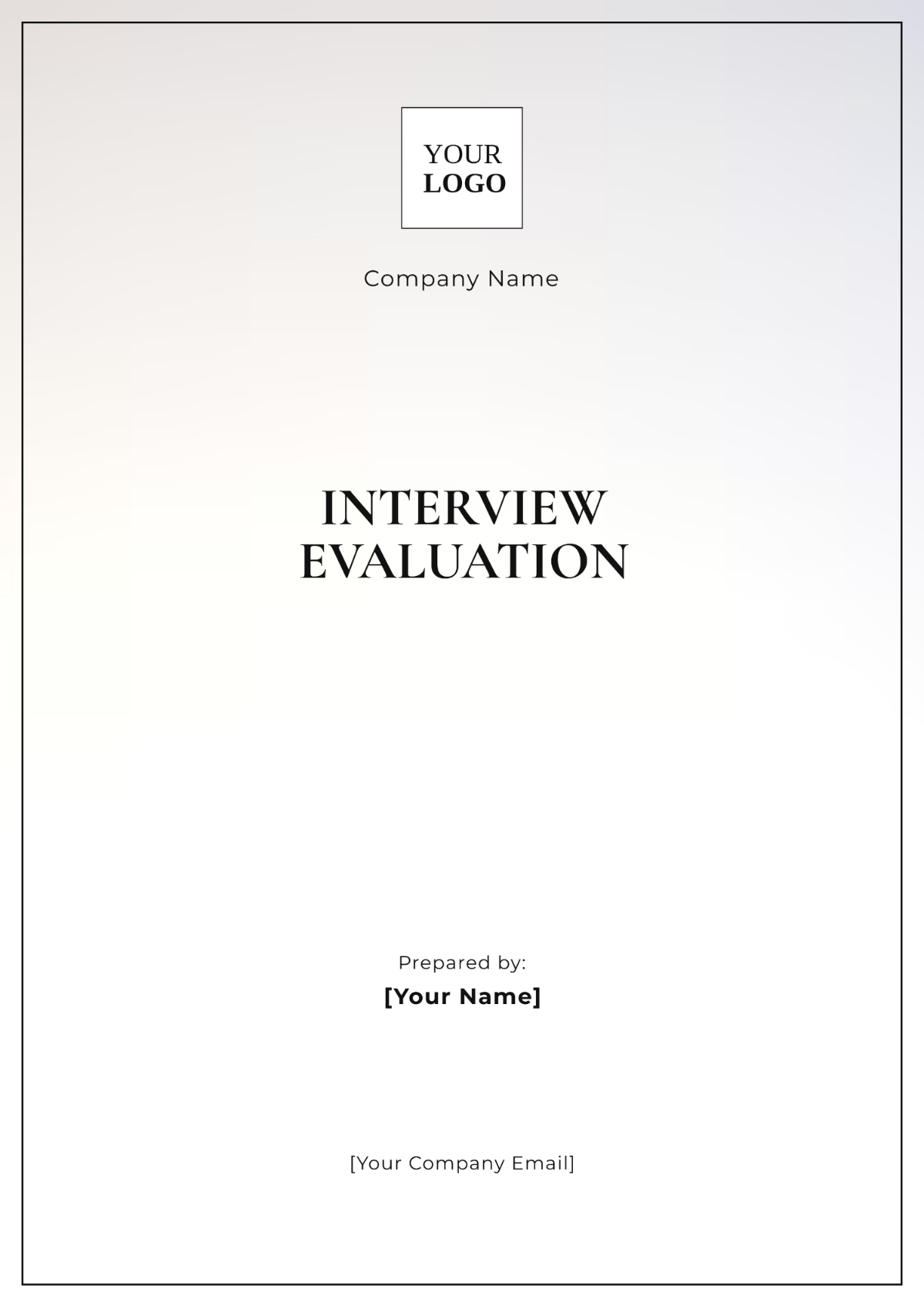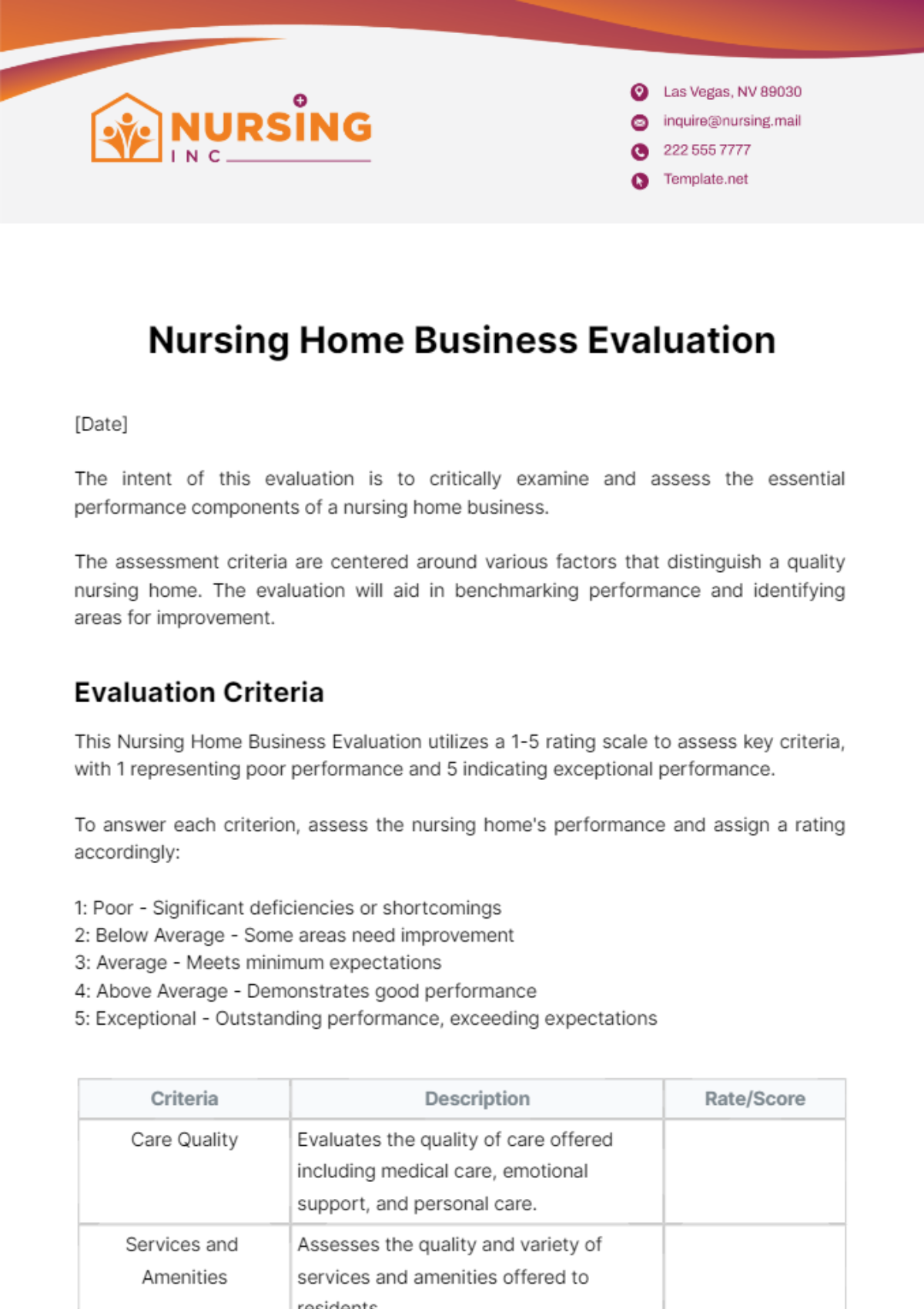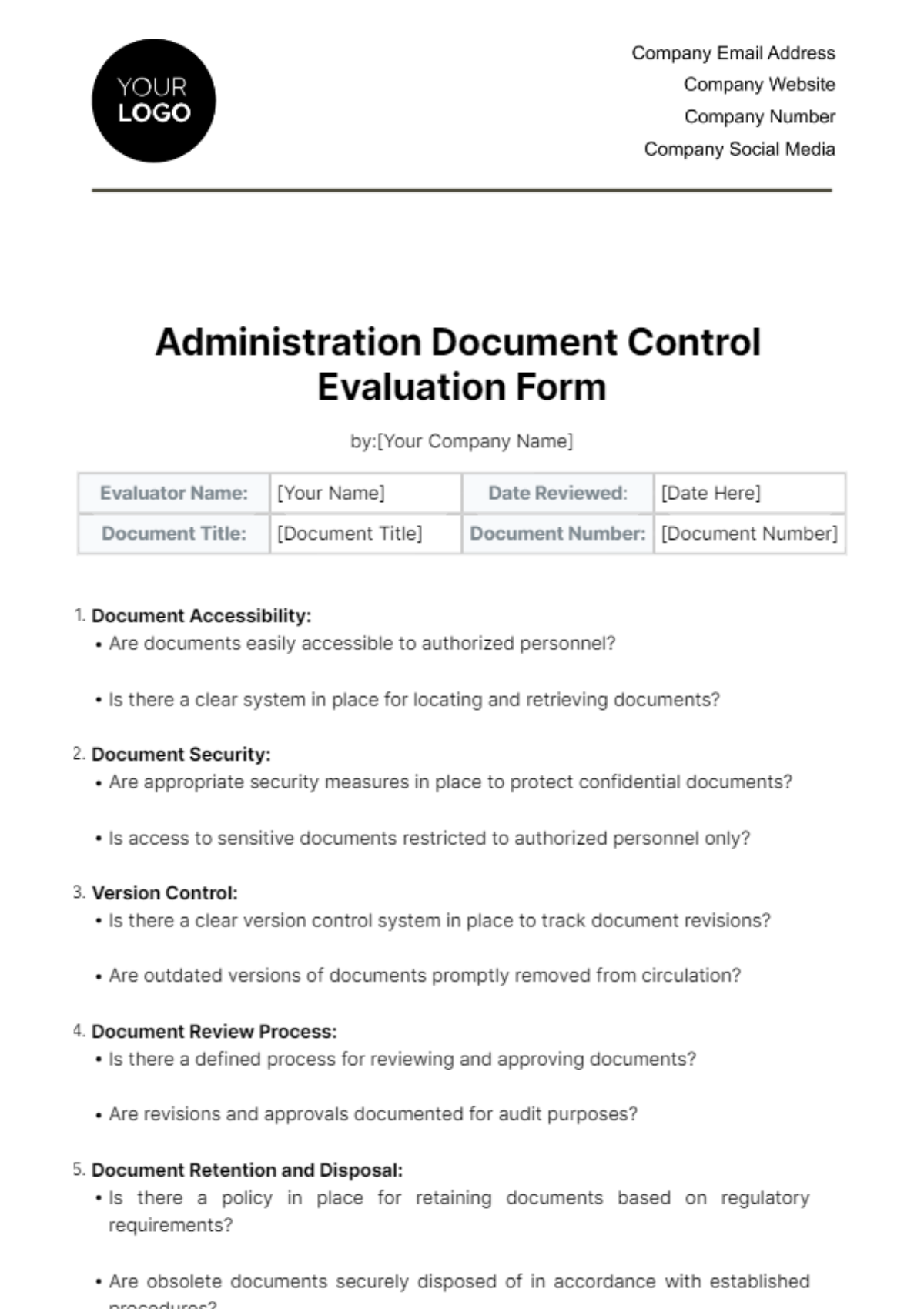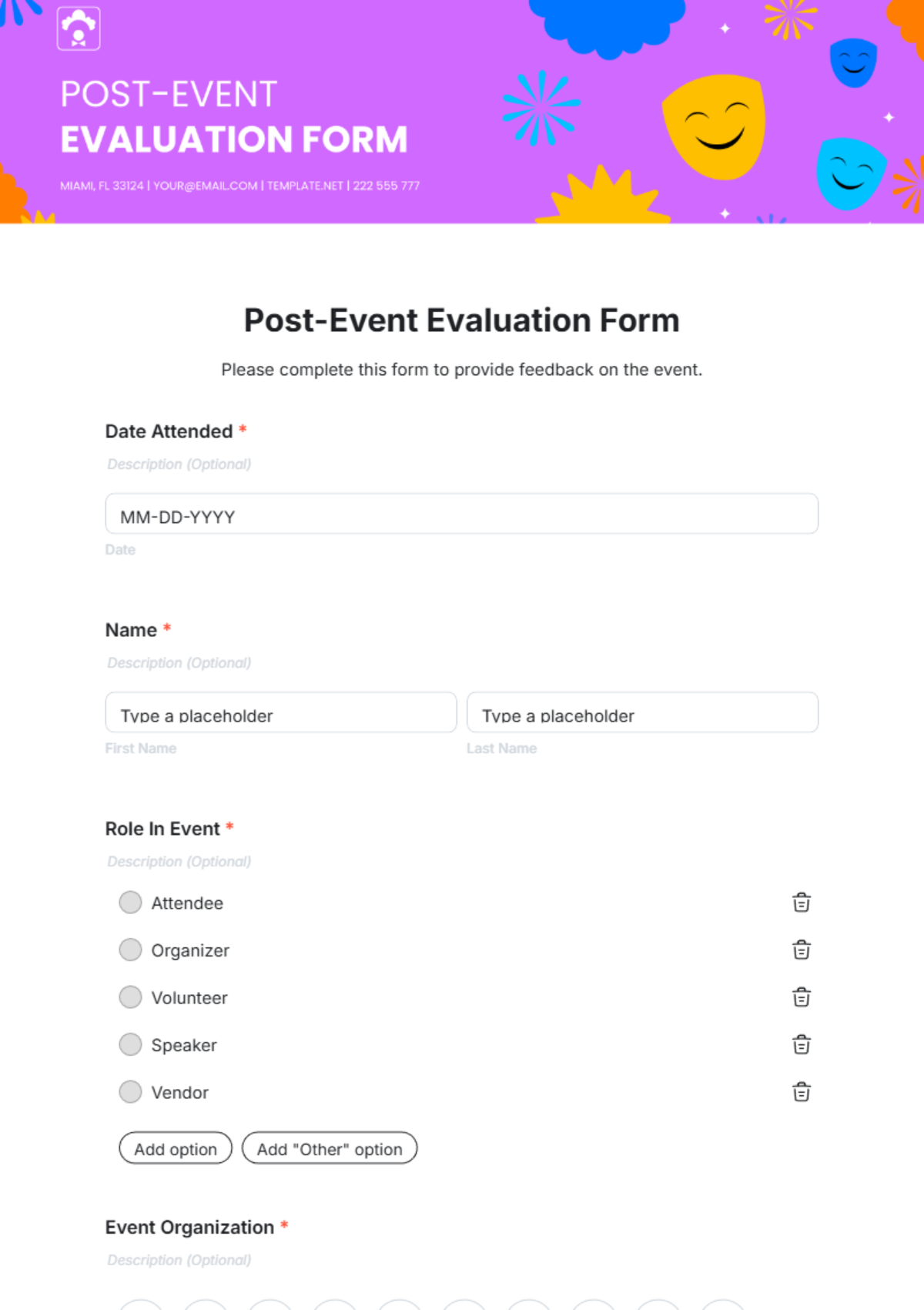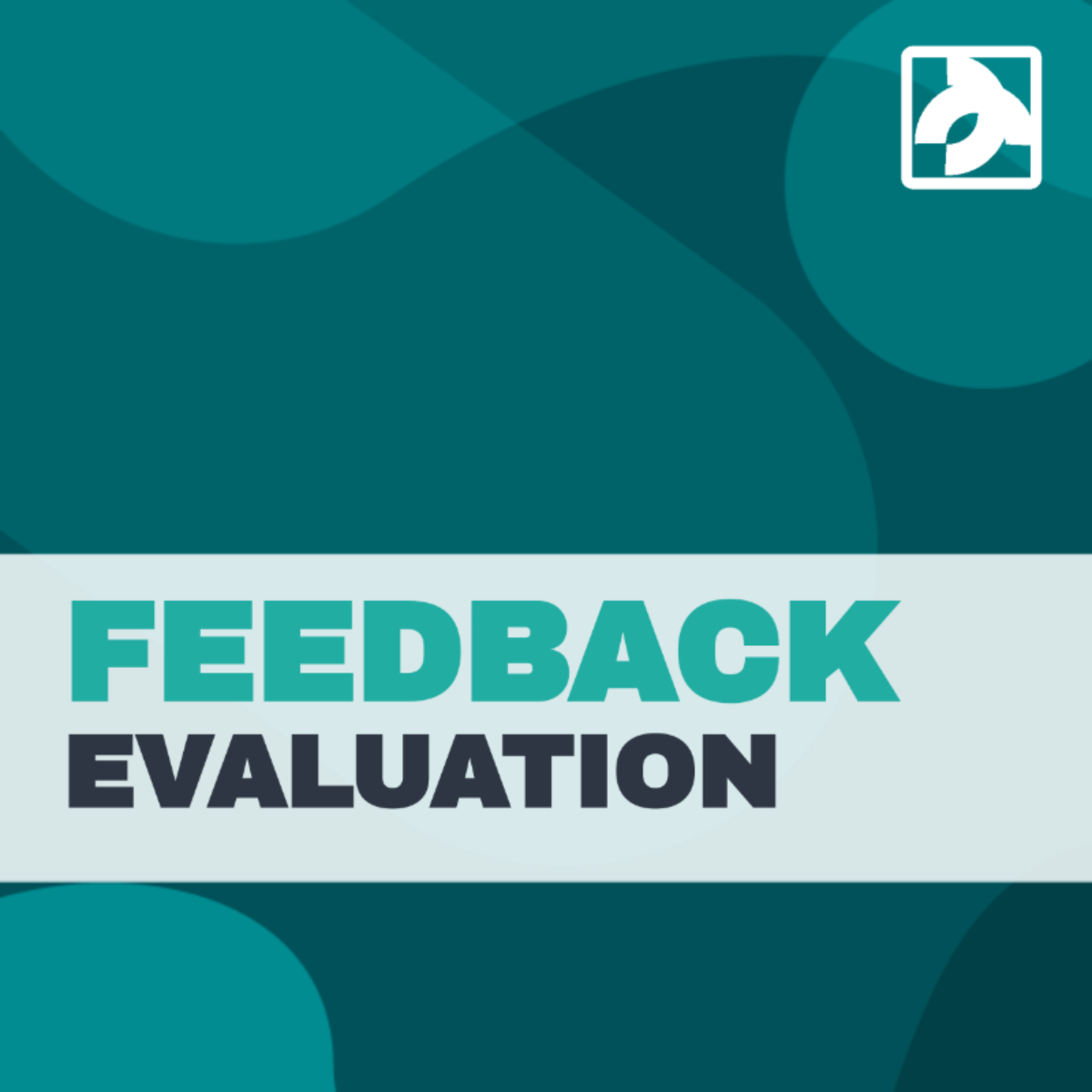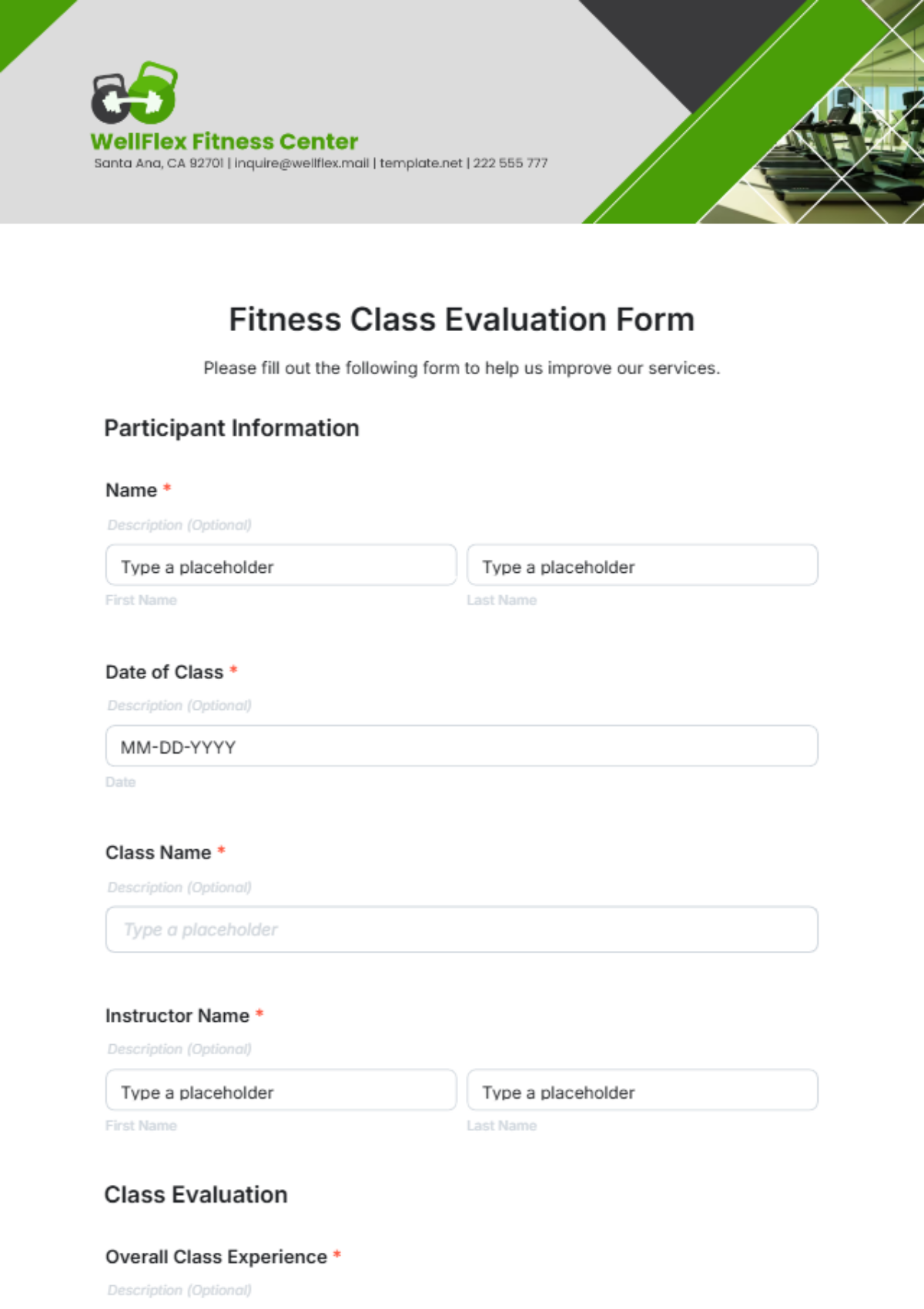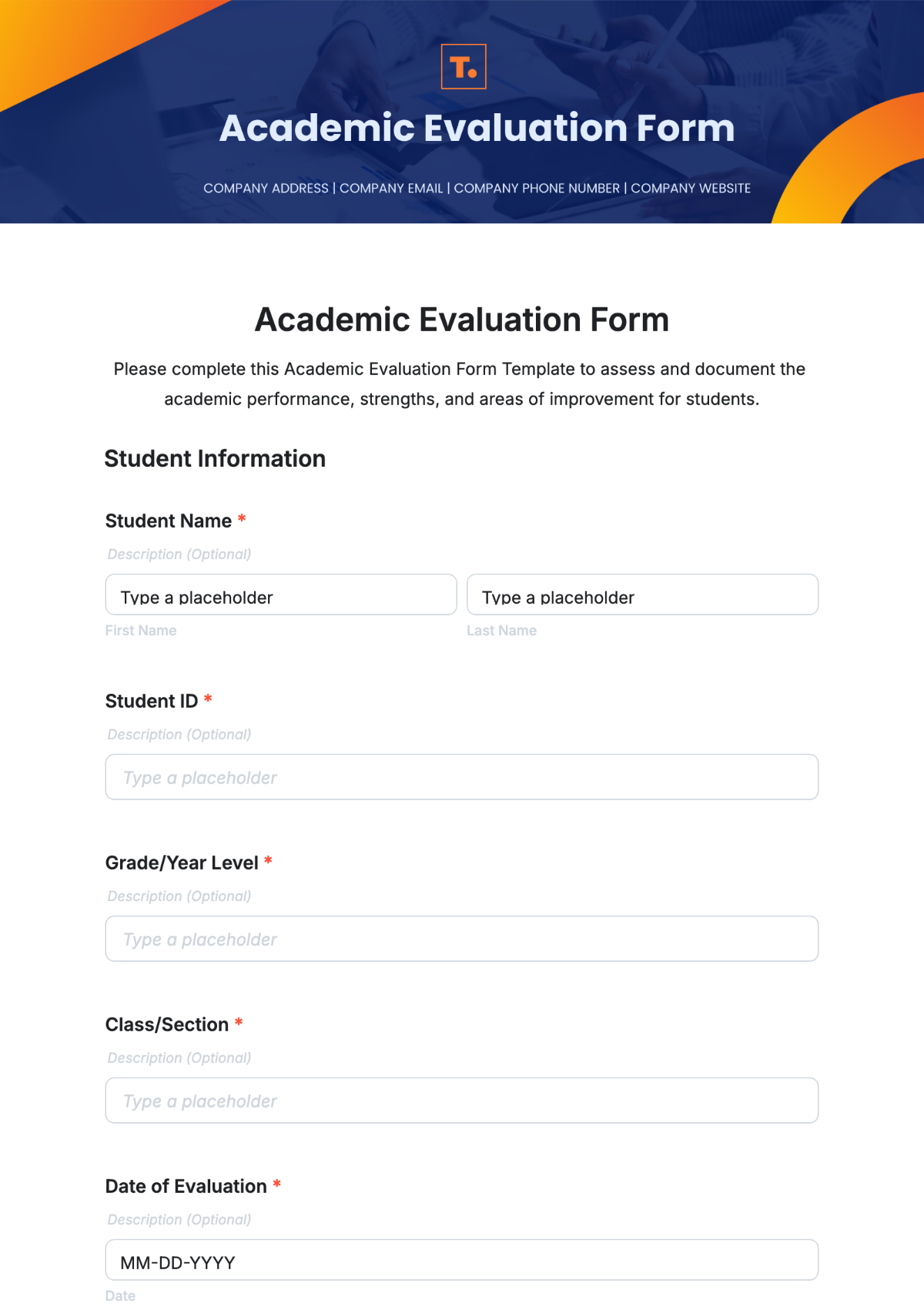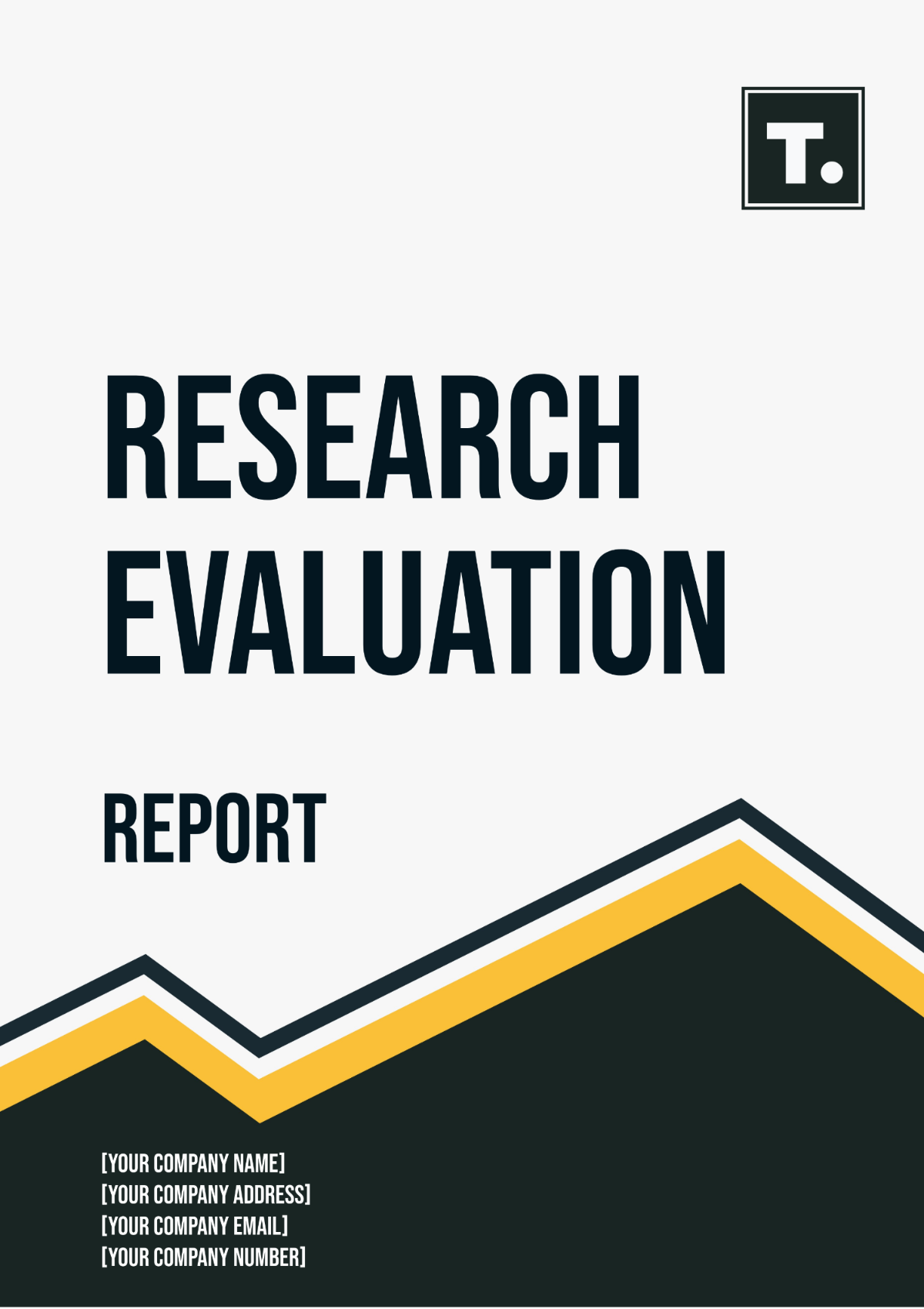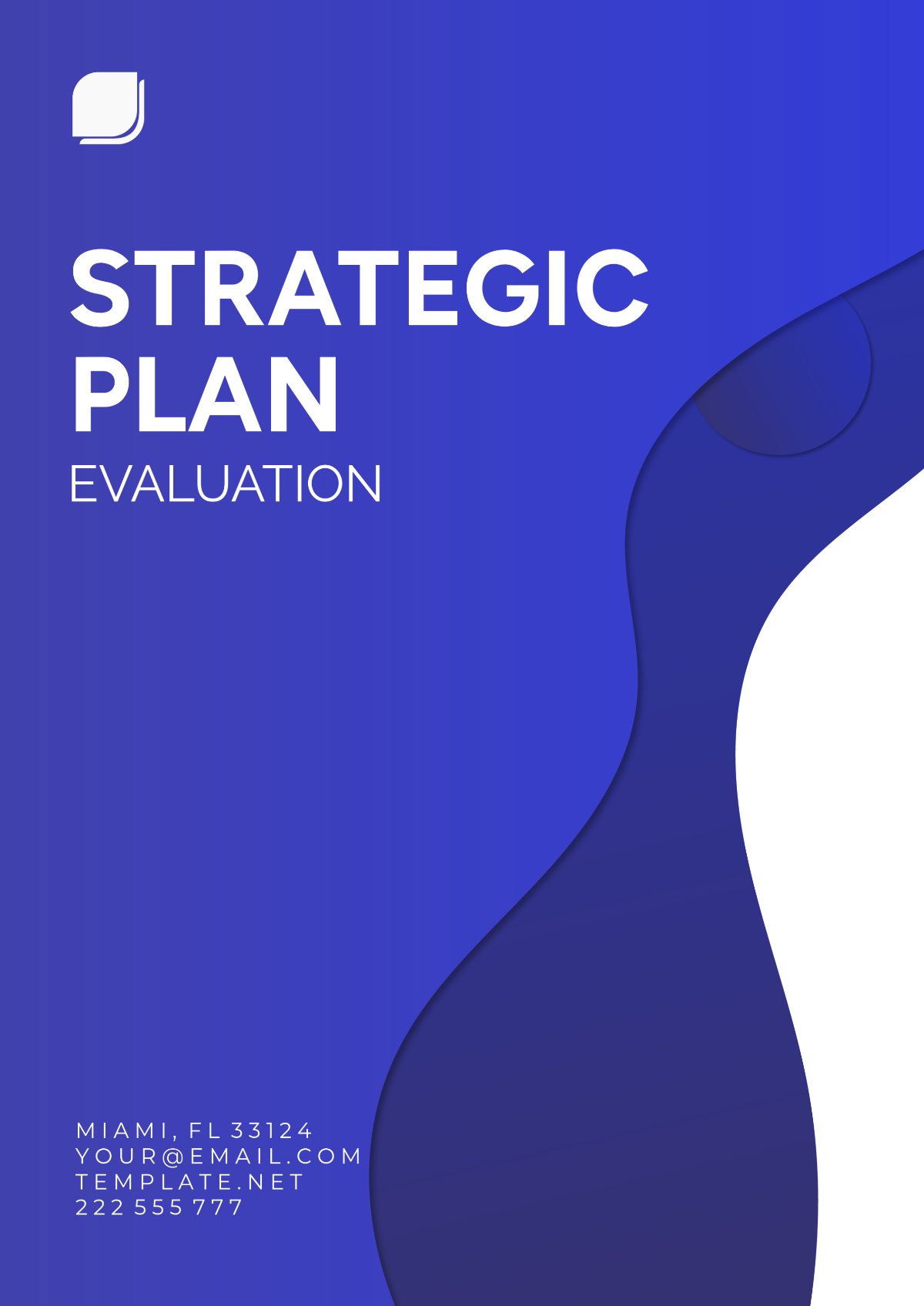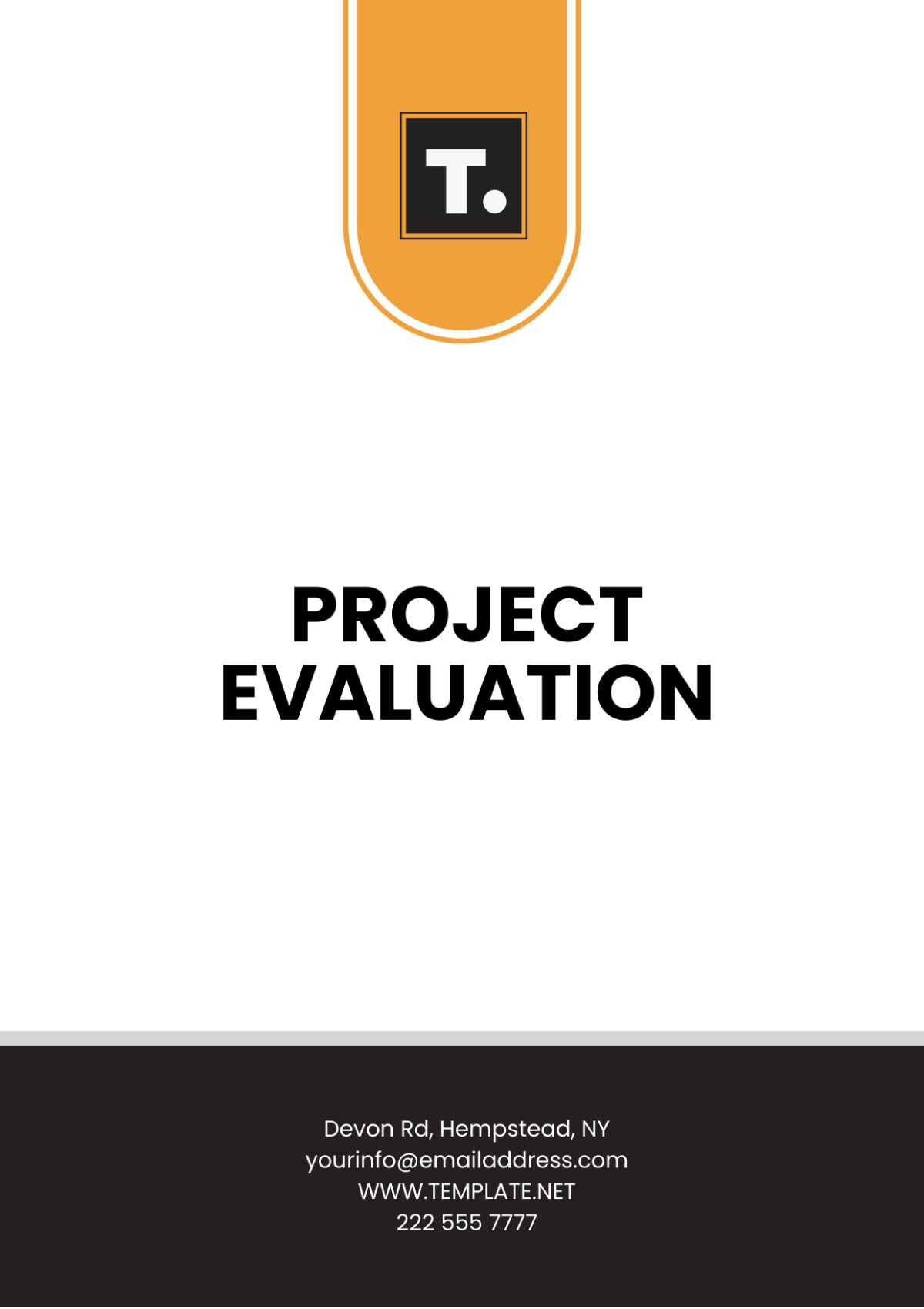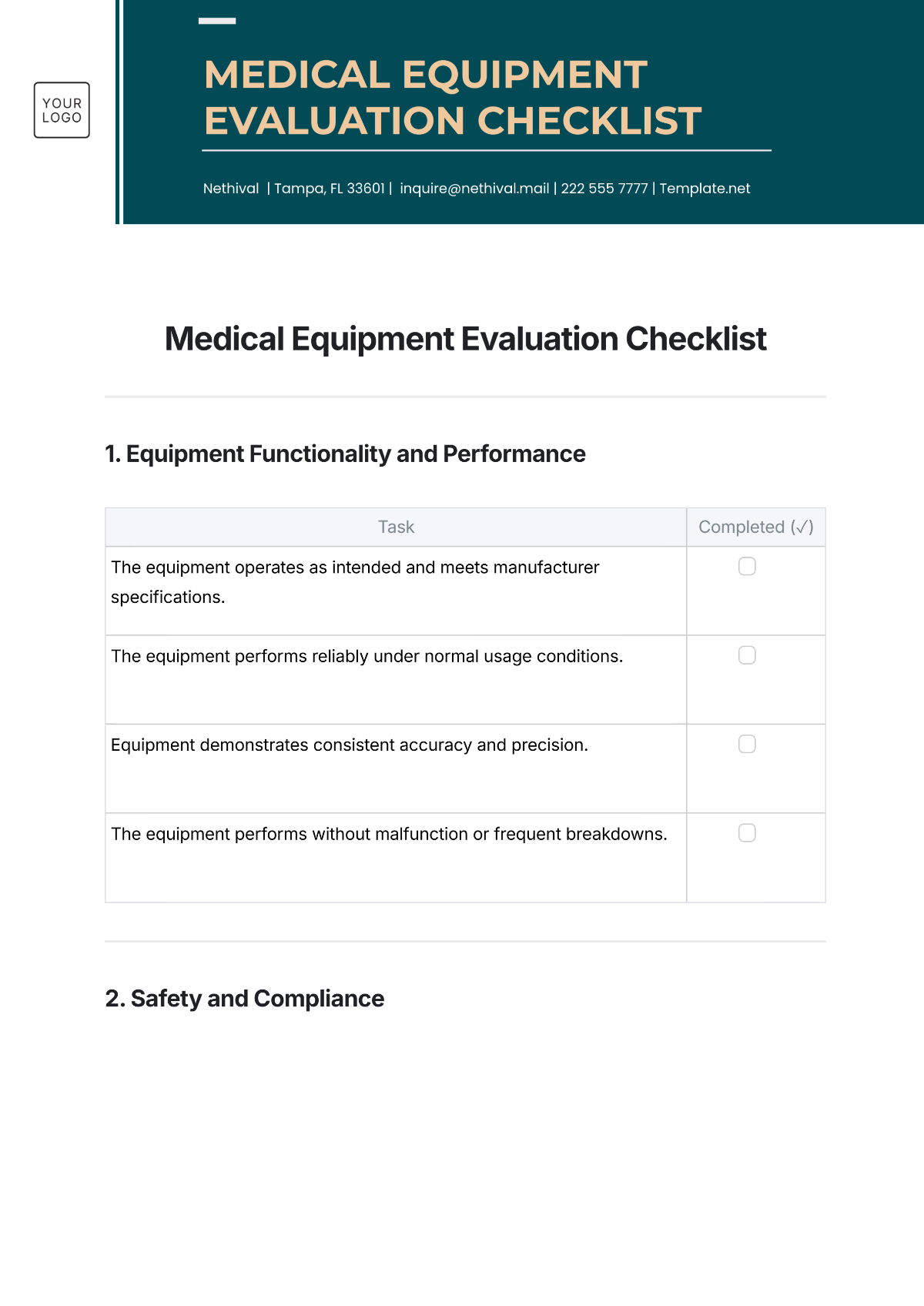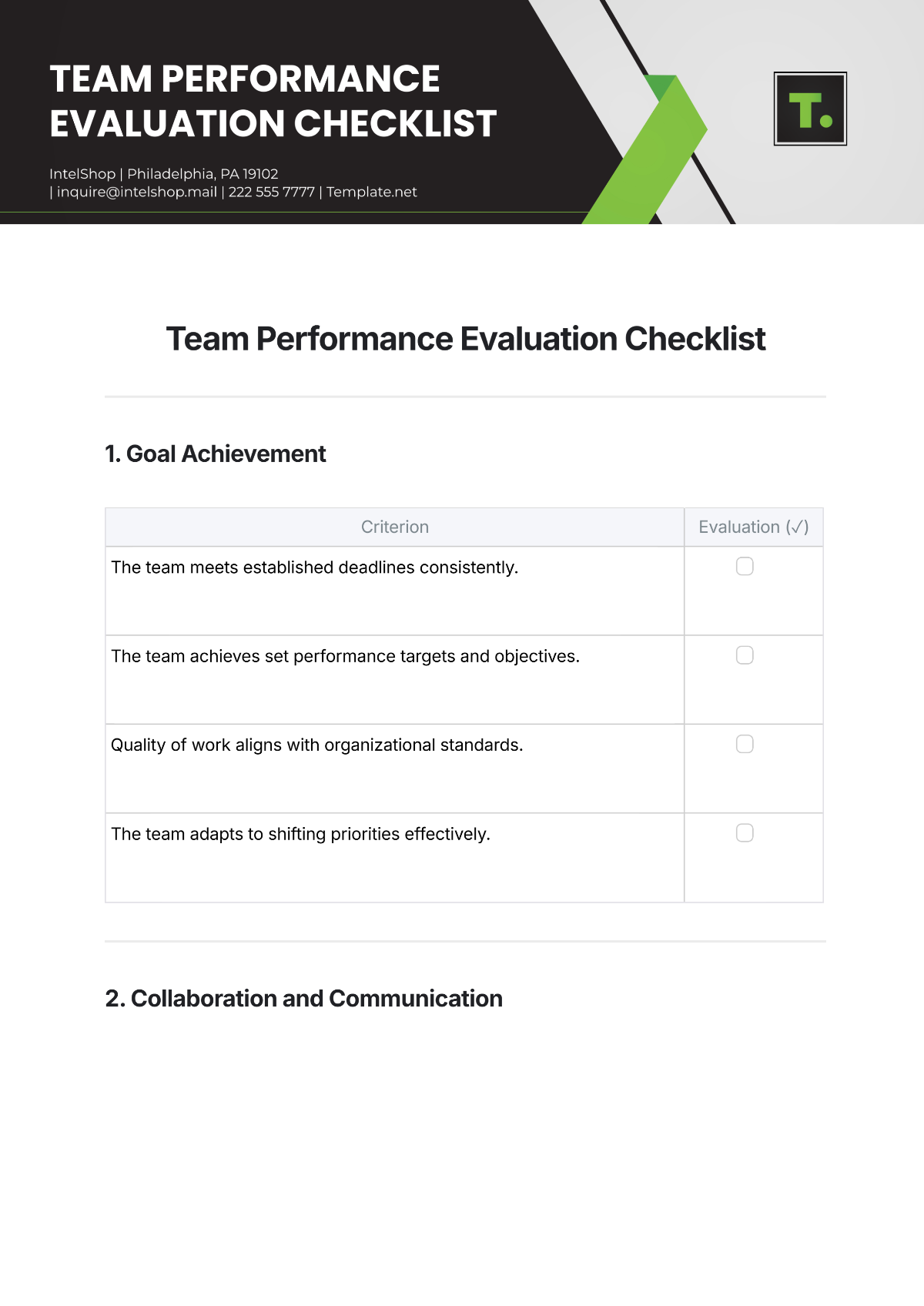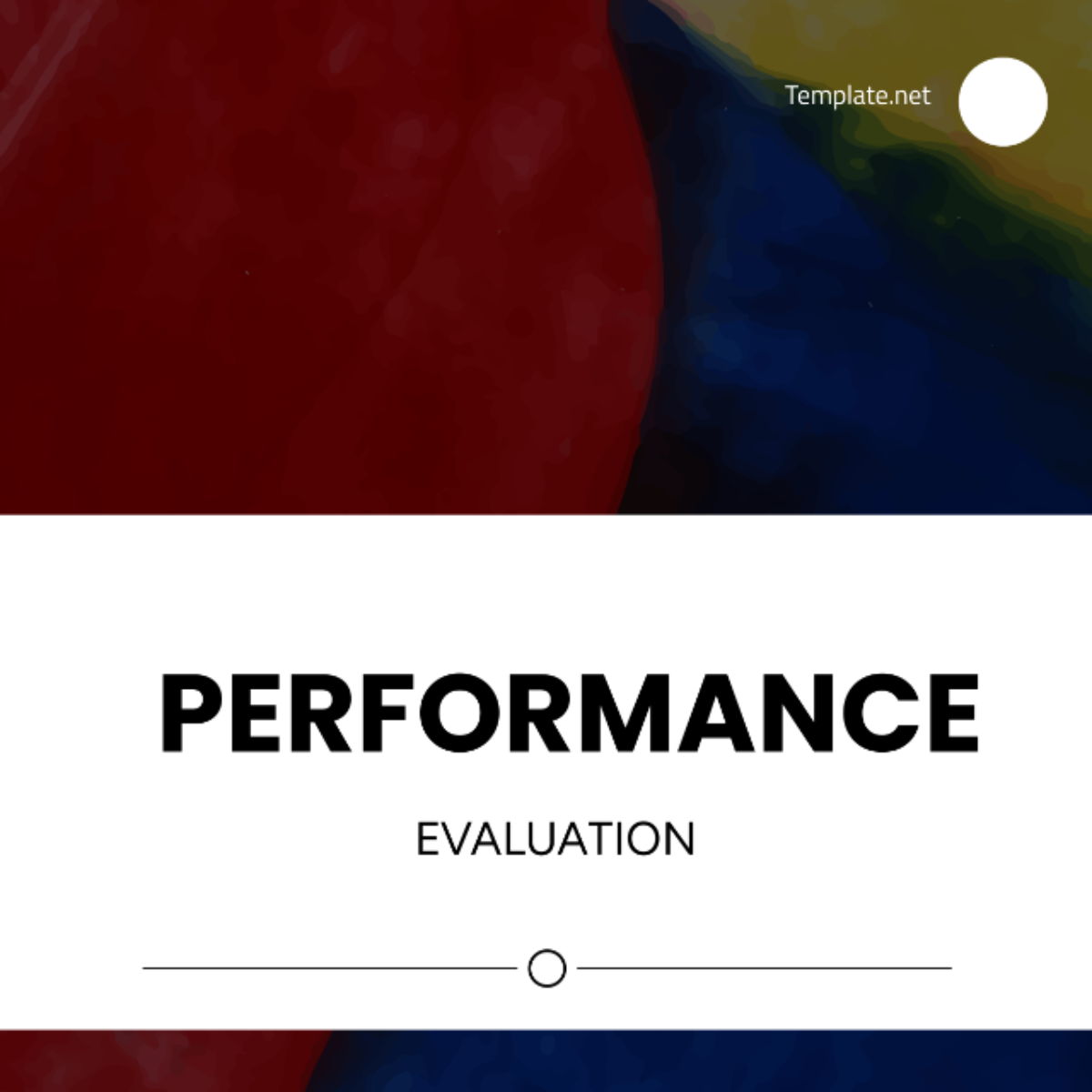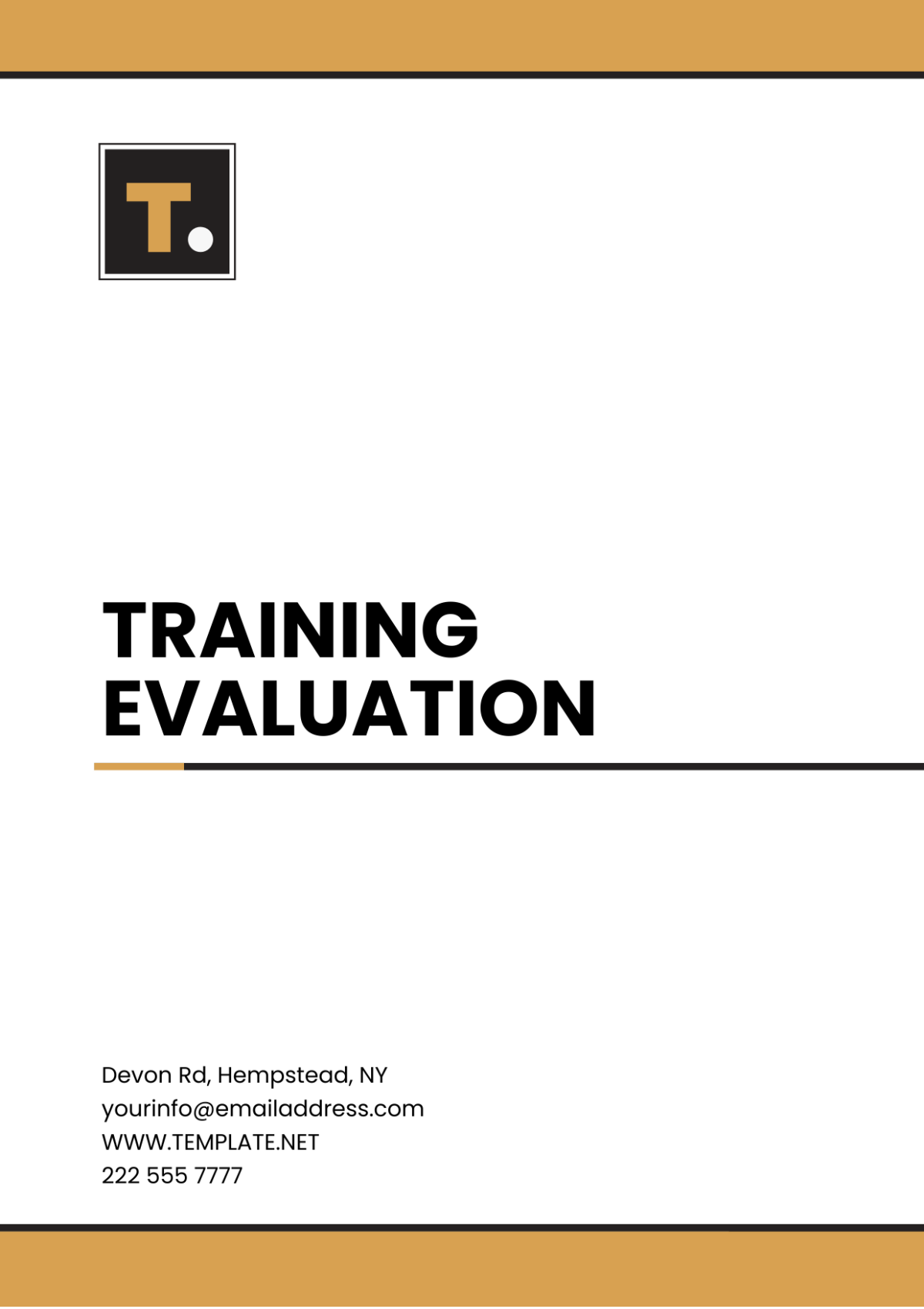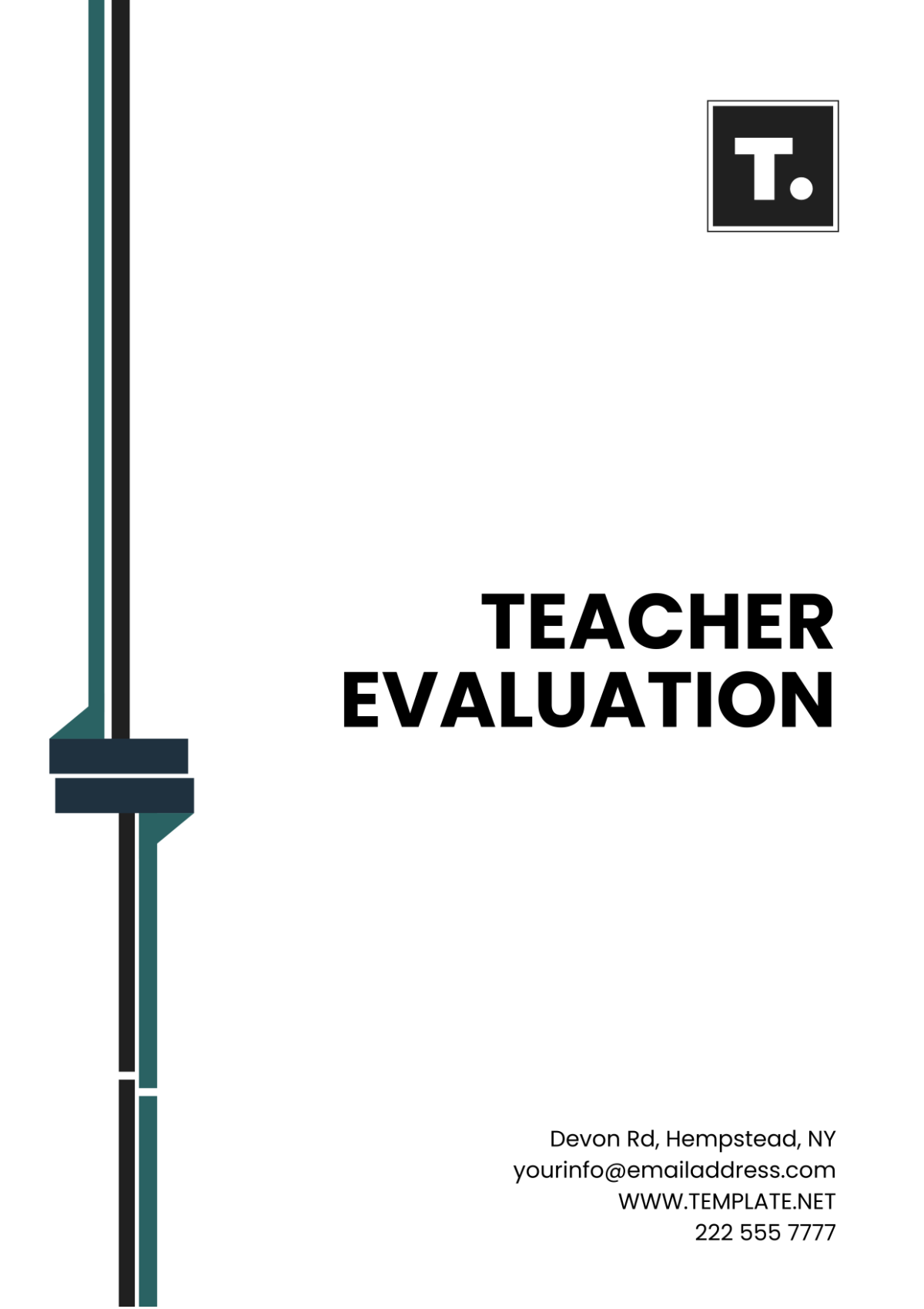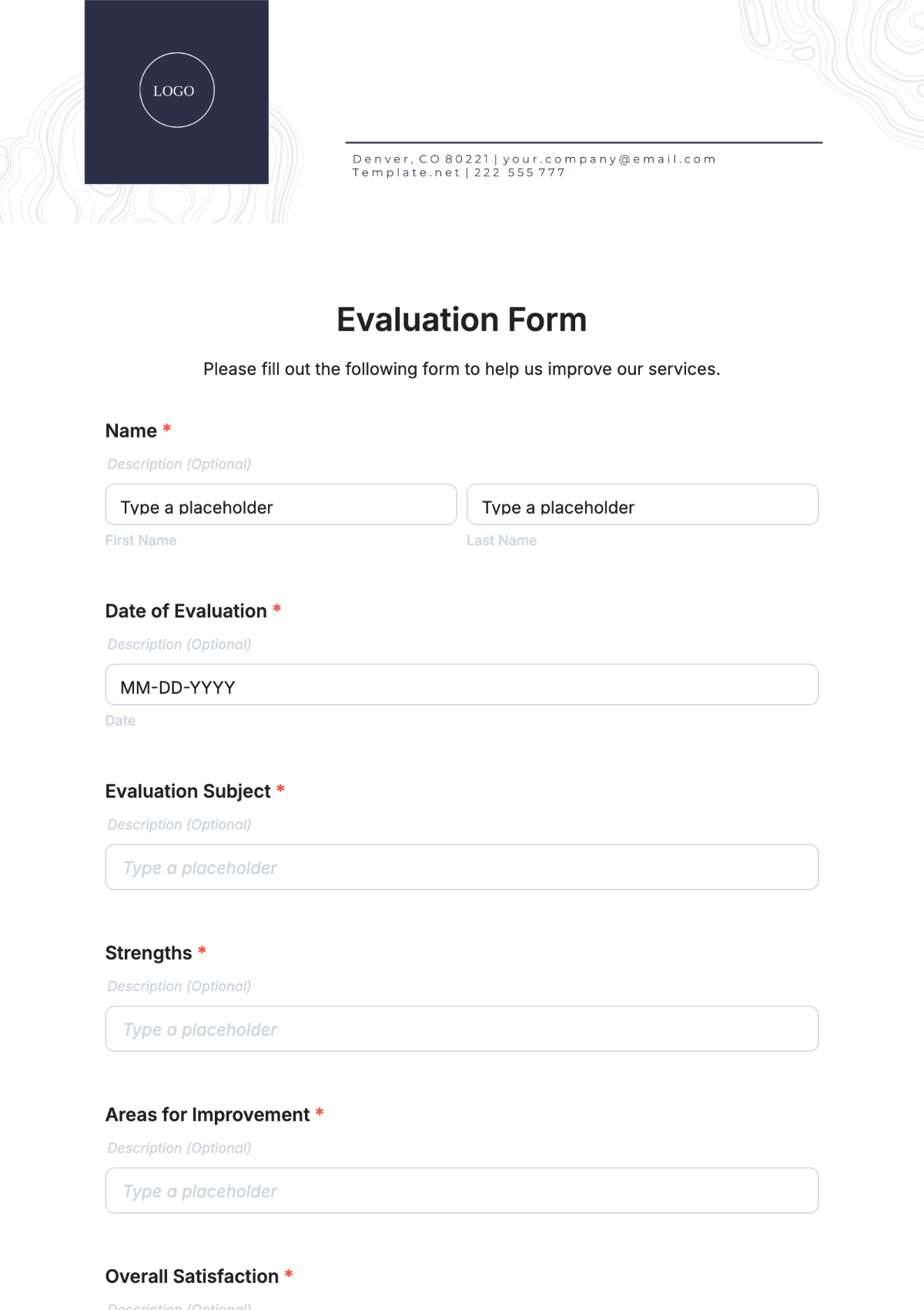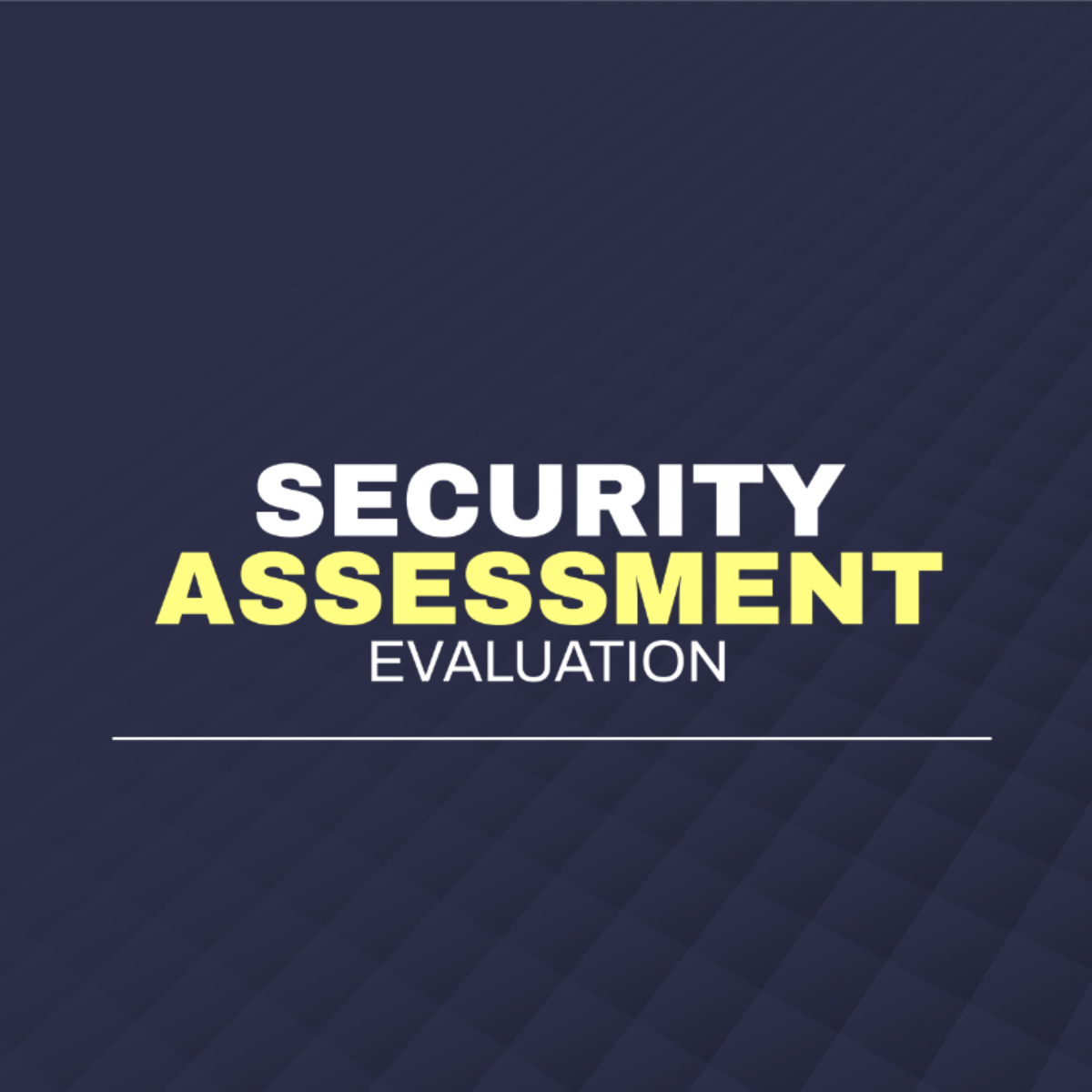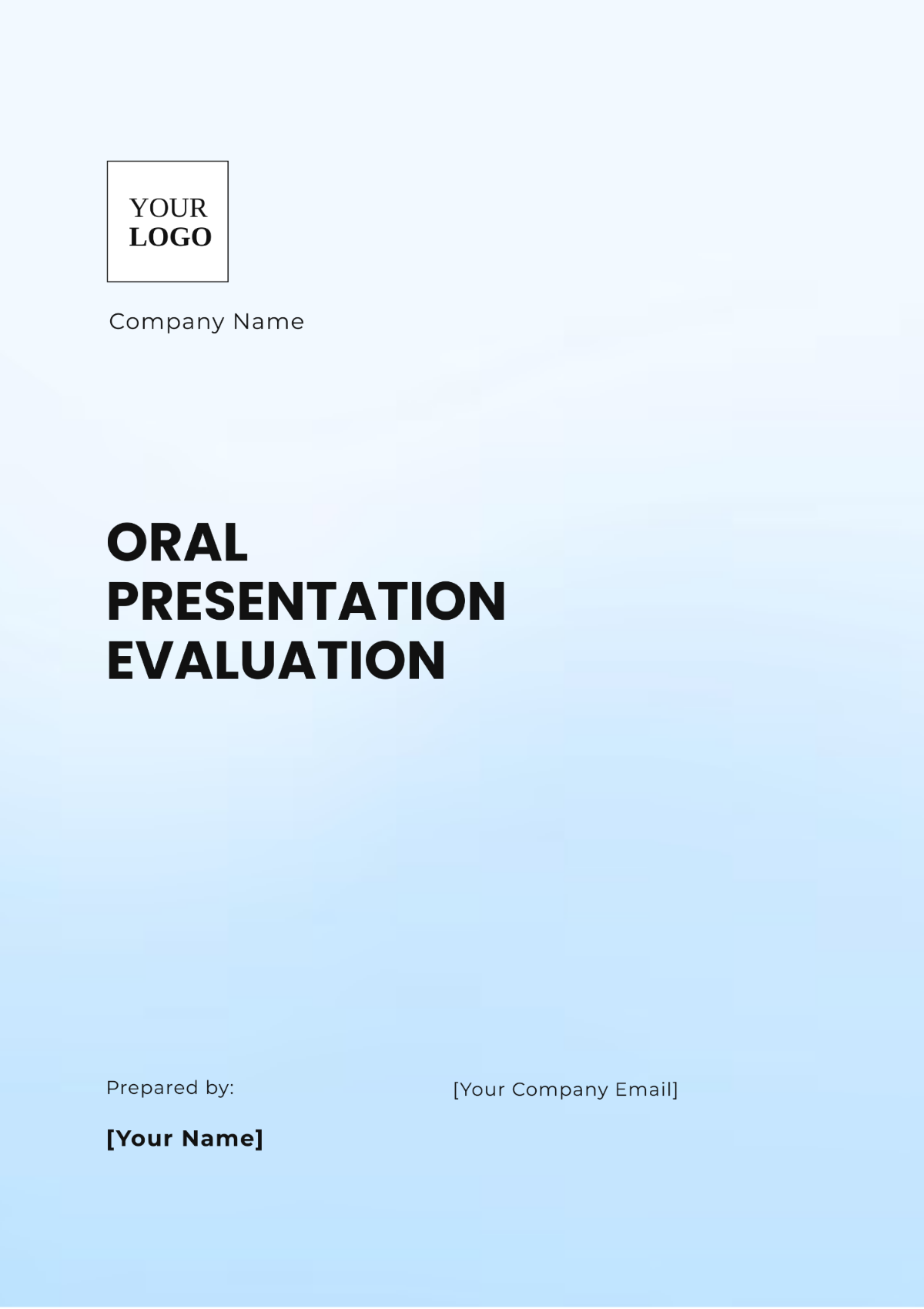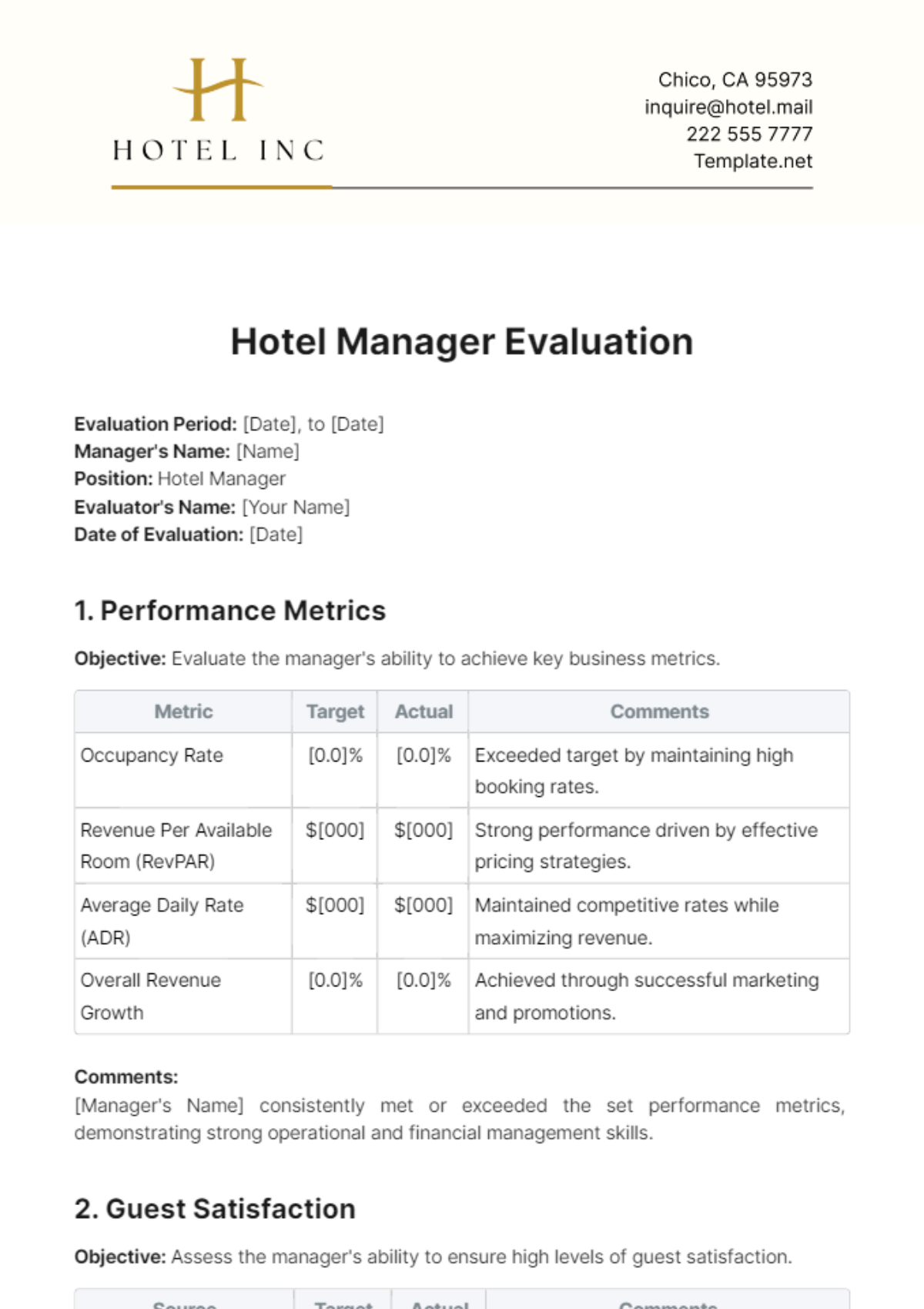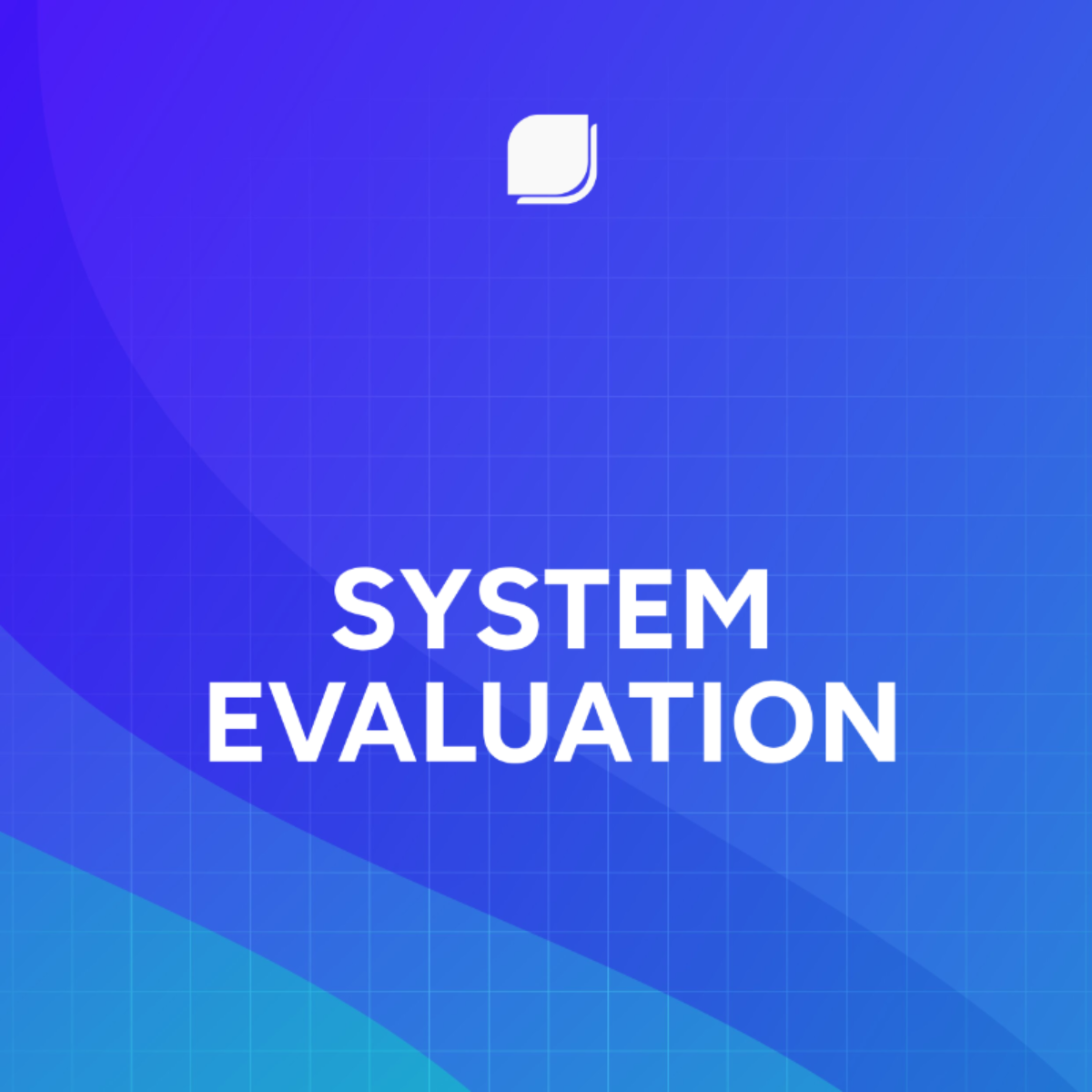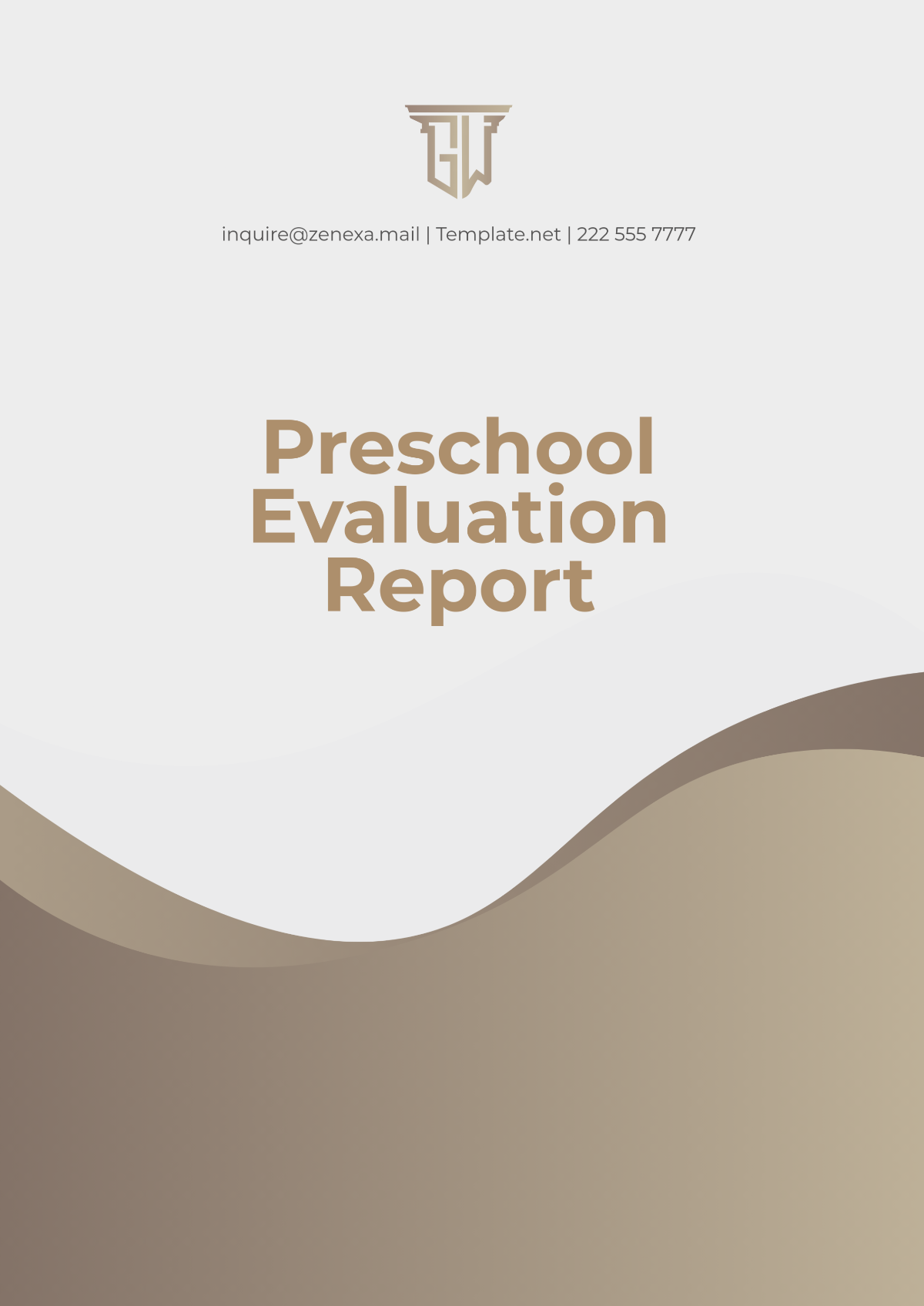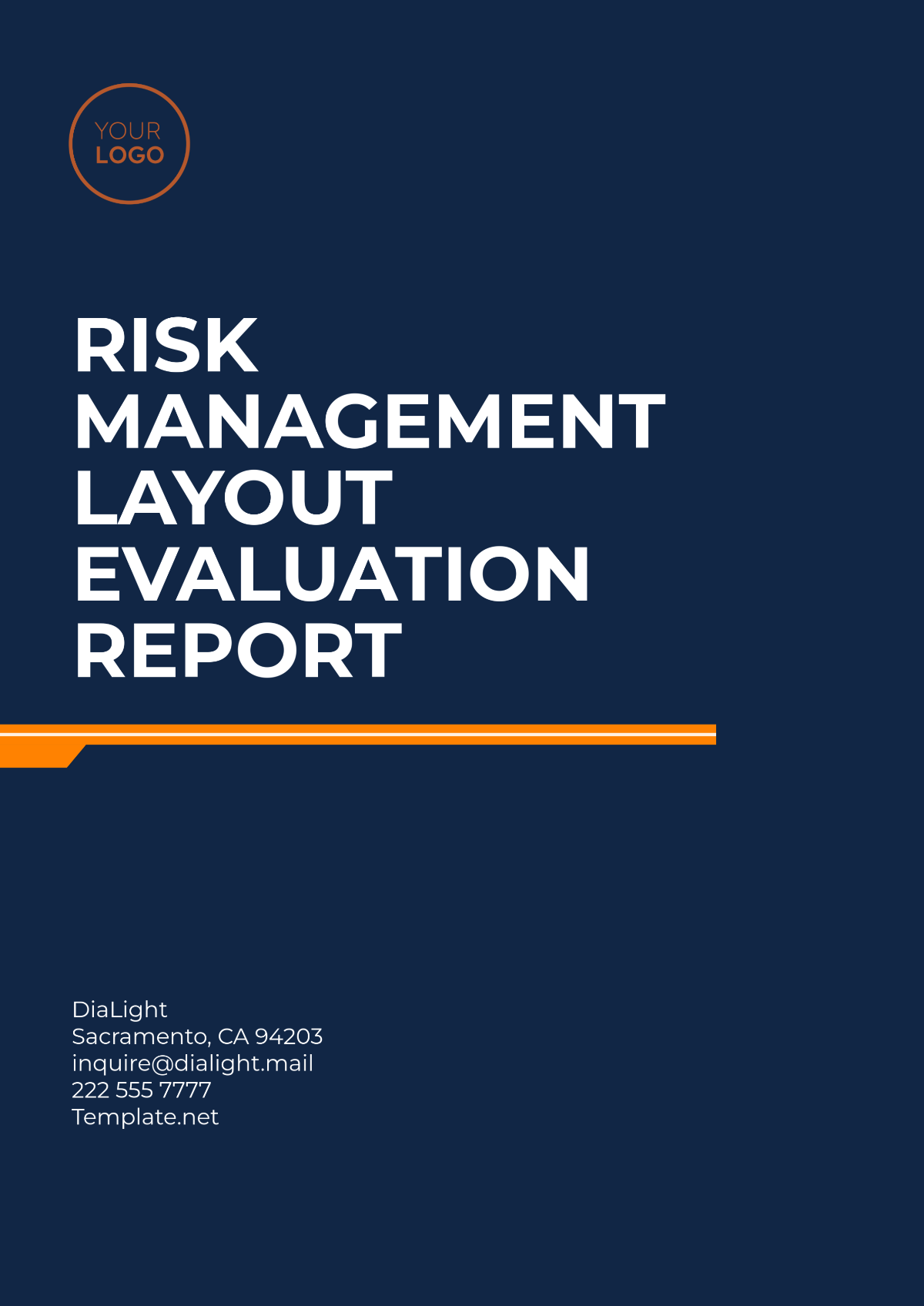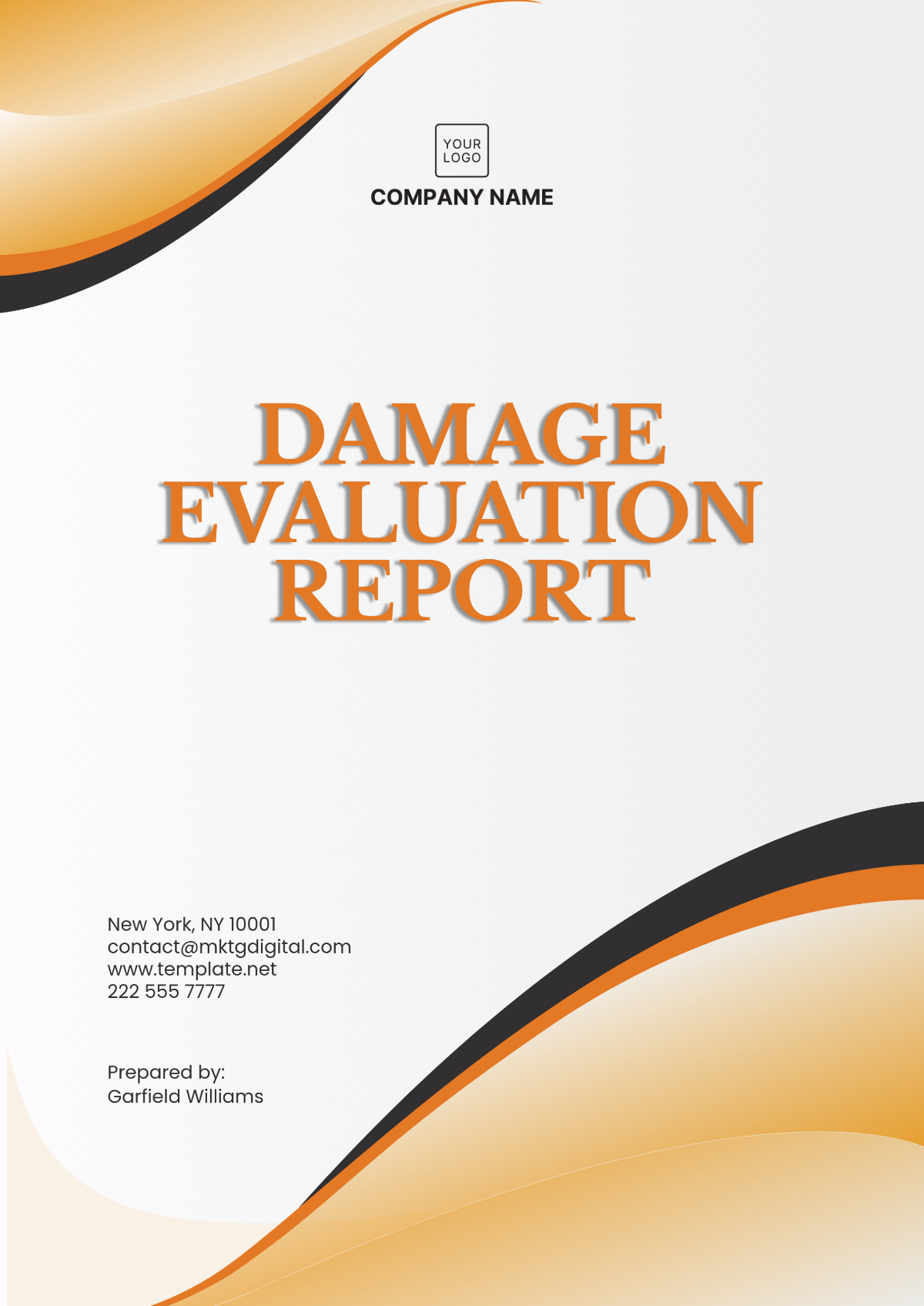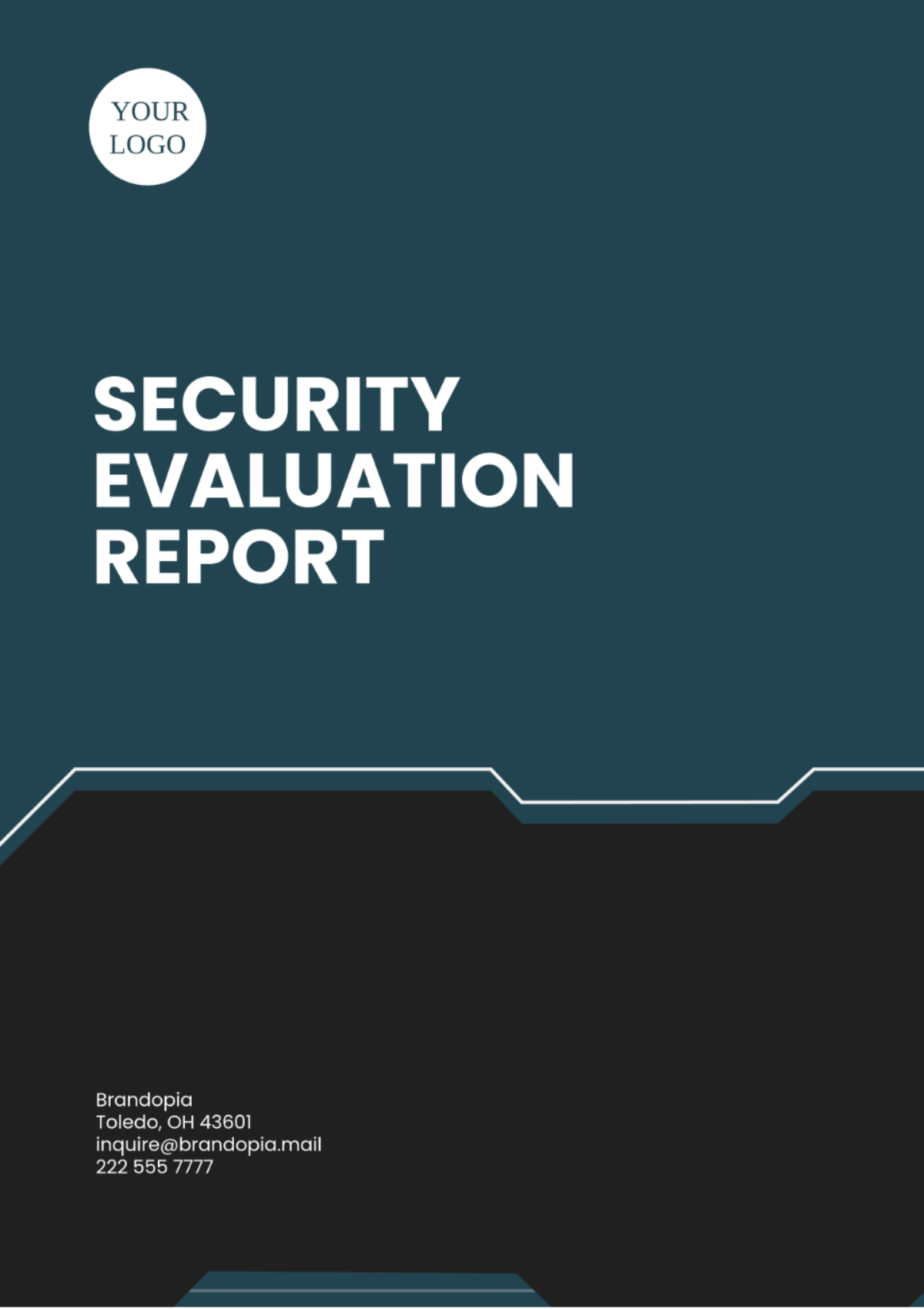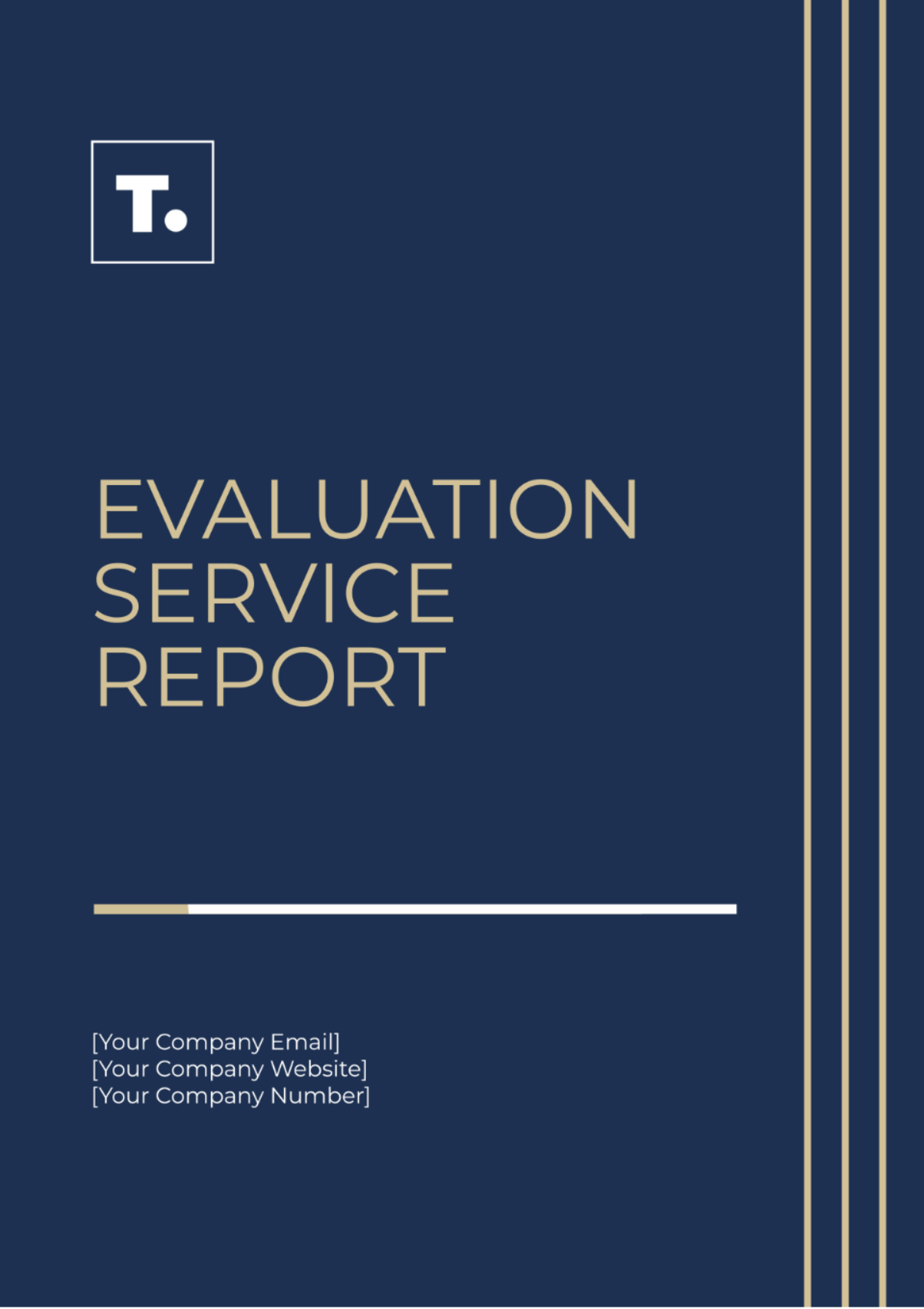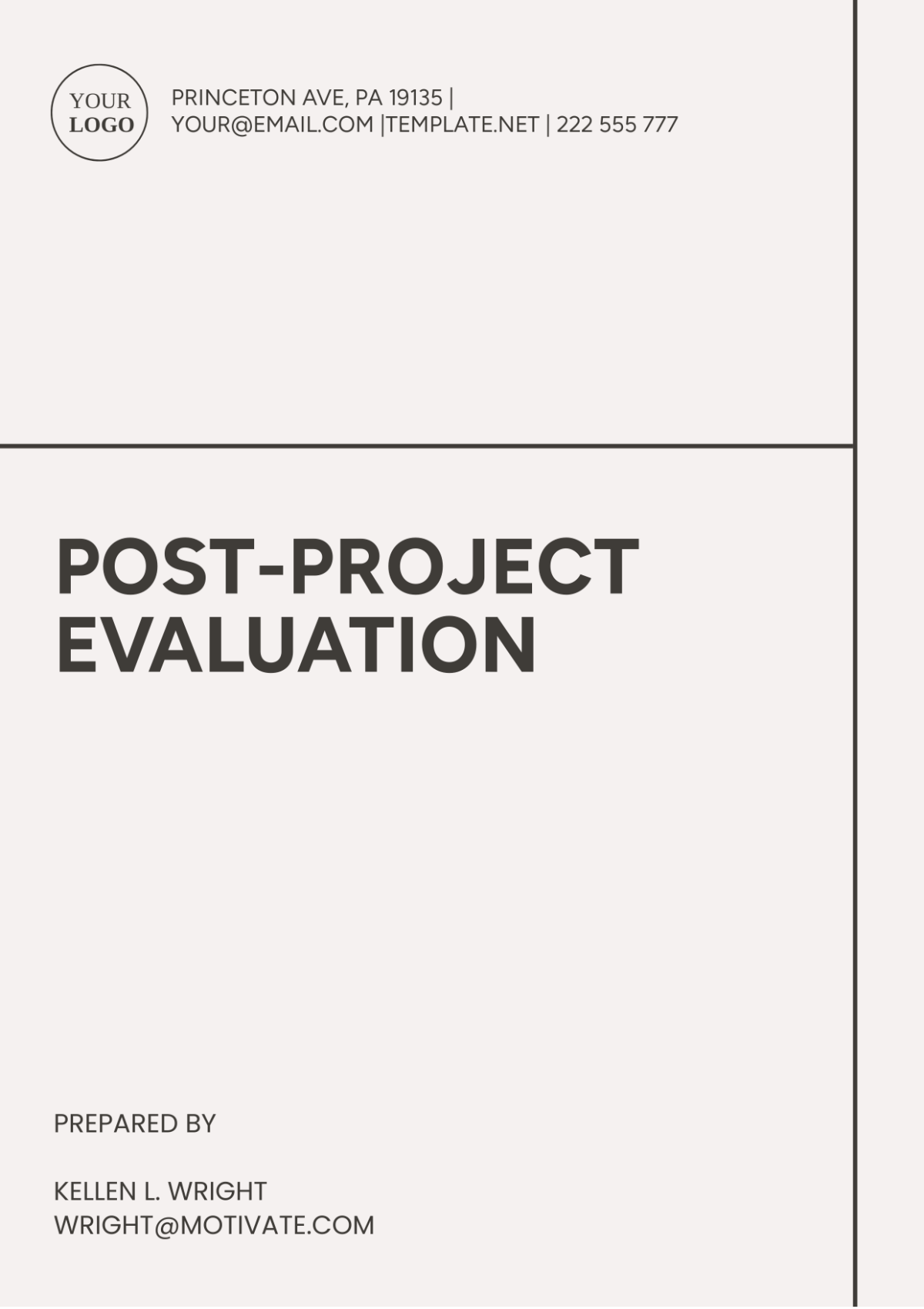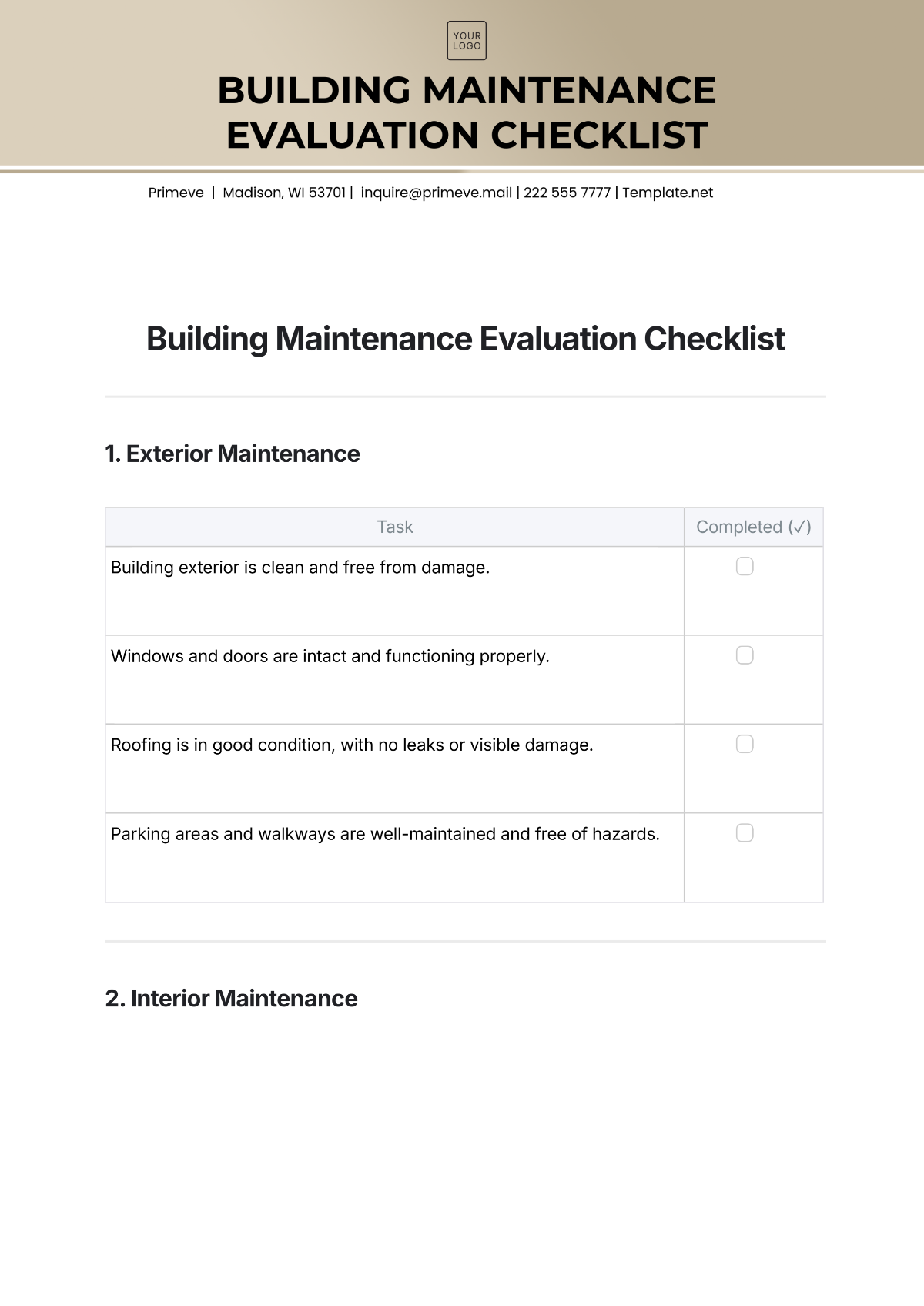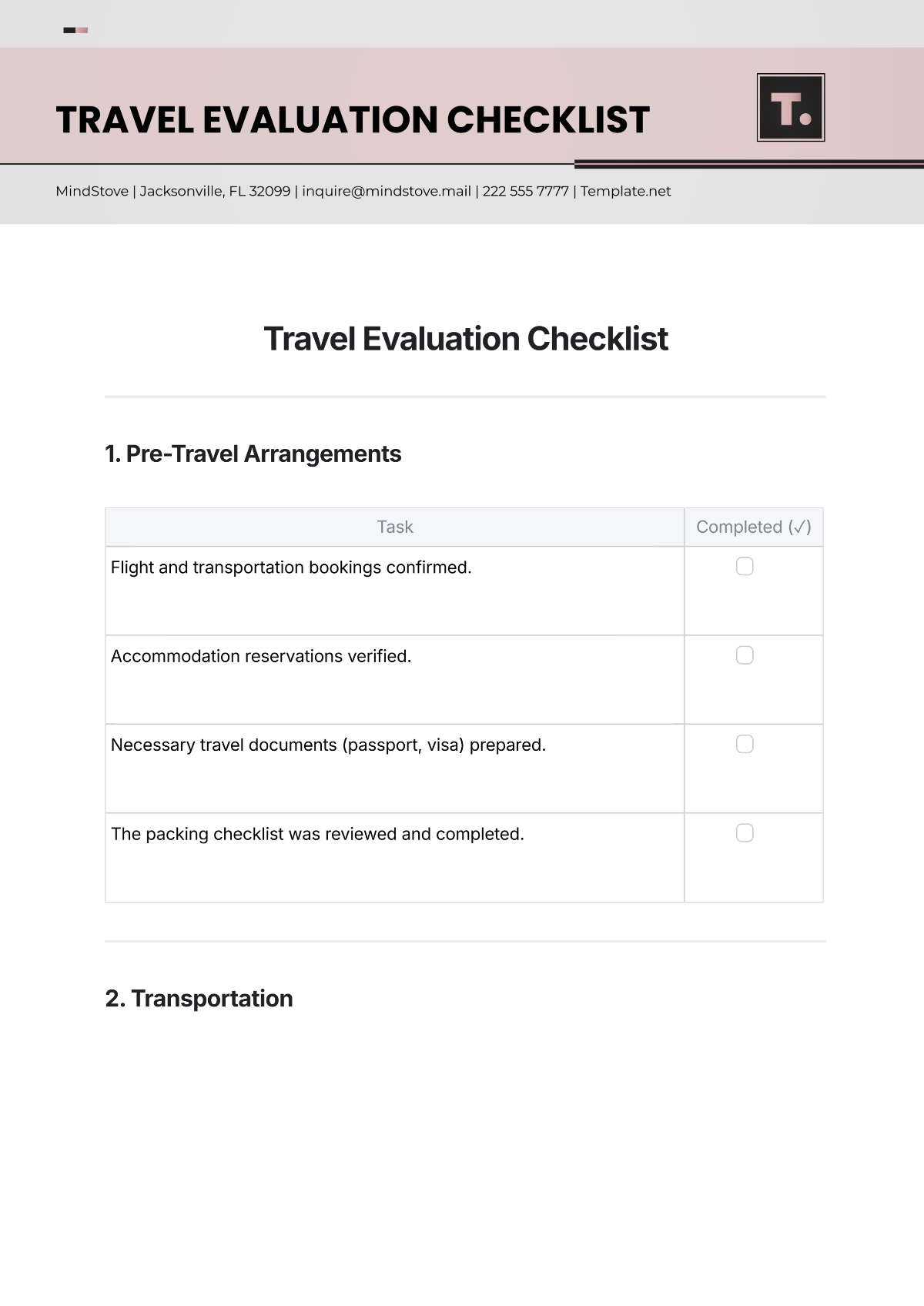Autism Evaluation
[Your Company Name]
Date: [DATE]
Introduction
This comprehensive form has been carefully crafted to facilitate a thorough assessment of individuals on the autism spectrum. Through systematic evaluation, we aim to gain deeper insights into the unique needs and characteristics of each individual, enabling accurate diagnosis, effective intervention planning, and the tracking of progress over time.
Overview
Our evaluation process is tailored to focus on key domains essential for understanding and supporting individuals with autism. By utilizing a structured approach, we aim to provide a holistic understanding of each individual's strengths and challenges. The evaluation criteria encompass various aspects crucial for comprehensive assessment:
Evaluation Criteria
The following criteria will be used in this evaluation:
Communication skills: Assesses the individual's ability to react, both verbally and non-verbally, in different social situations.
Social Interaction: Evaluates the individual's skills in social engagement and understanding others' perspectives.
Behavioral Aspect: Studies the individual's interests, unanticipated reactions, and repetitive behaviors.
Cognitive Functioning: Tests the individual's problem-solving skills, learning ability, and adaptive behaviors.
Sensory Processing: Assesses the individual's responses and reactions to various sensory inputs.
Evaluation Form:
(Rating Scale: 1-Poor, 2-Fair, 3-Good, 4-Very Good, 5-Excellent)
Criteria | Description | Rating (1-5) |
|---|---|---|
Communication Skills | How effectively does the individual convey their thoughts and ideas in both verbal and non-verbal communication, considering different social contexts and audiences? | |
Social Interaction | To what extent does the individual demonstrate an understanding of social cues and engage appropriately in social interactions, such as maintaining eye contact, active listening, and respecting personal boundaries? | |
Behavioral Aspect | How does the individual respond to unexpected situations or changes in routine, and to what degree do they engage in repetitive behaviors or demonstrate specific interests? | |
Cognitive Functioning | In what ways does the individual demonstrate problem-solving abilities, learning capacity, and adaptability in various situations, reflecting their cognitive functioning and ability to navigate challenges? | |
Sensory Processing | How does the individual react to different sensory stimuli, such as sound, touch, taste, smell, and sight, and to what extent do these responses impact their daily functioning and behavior? |
Comments and Notes
Criteria | Notes/Comments |
|---|---|
Communication Skills | |
Social Interaction | |
Behavioral Aspect | |
Cognitive Functioning | |
Sensory Processing |
